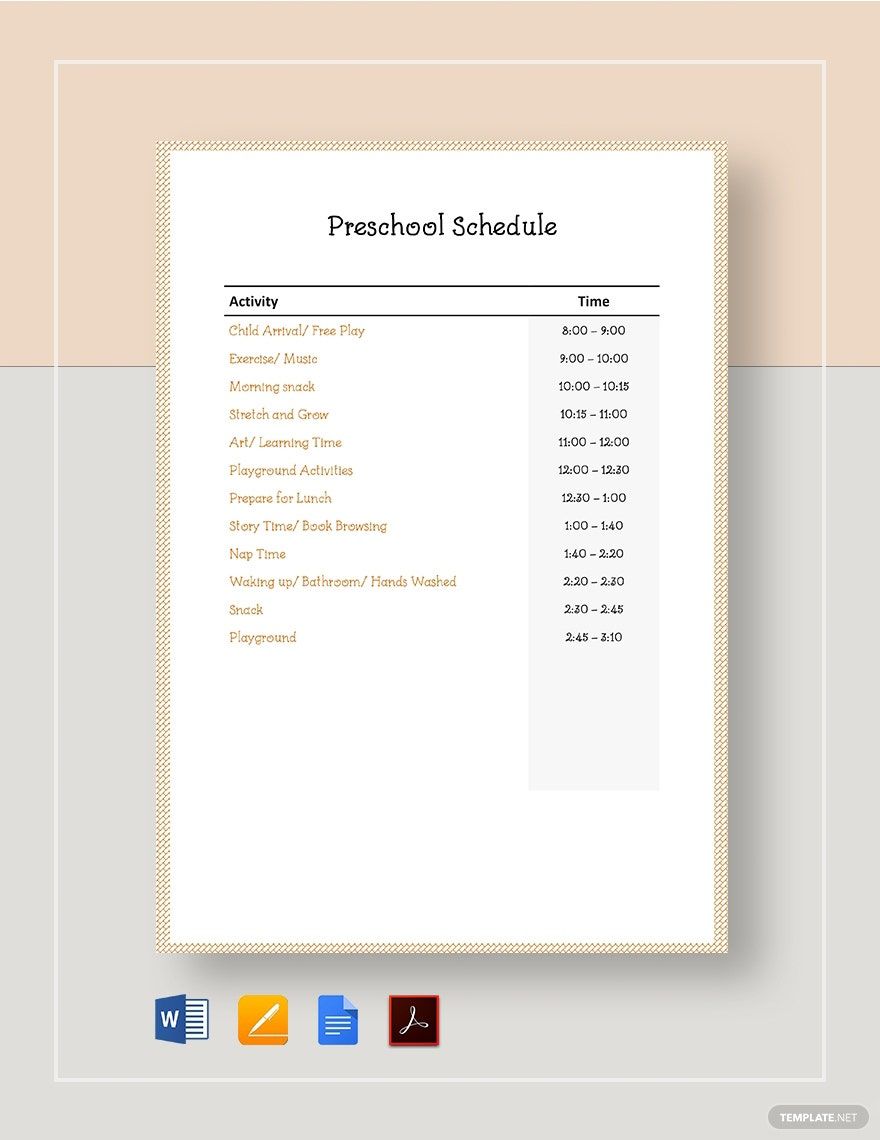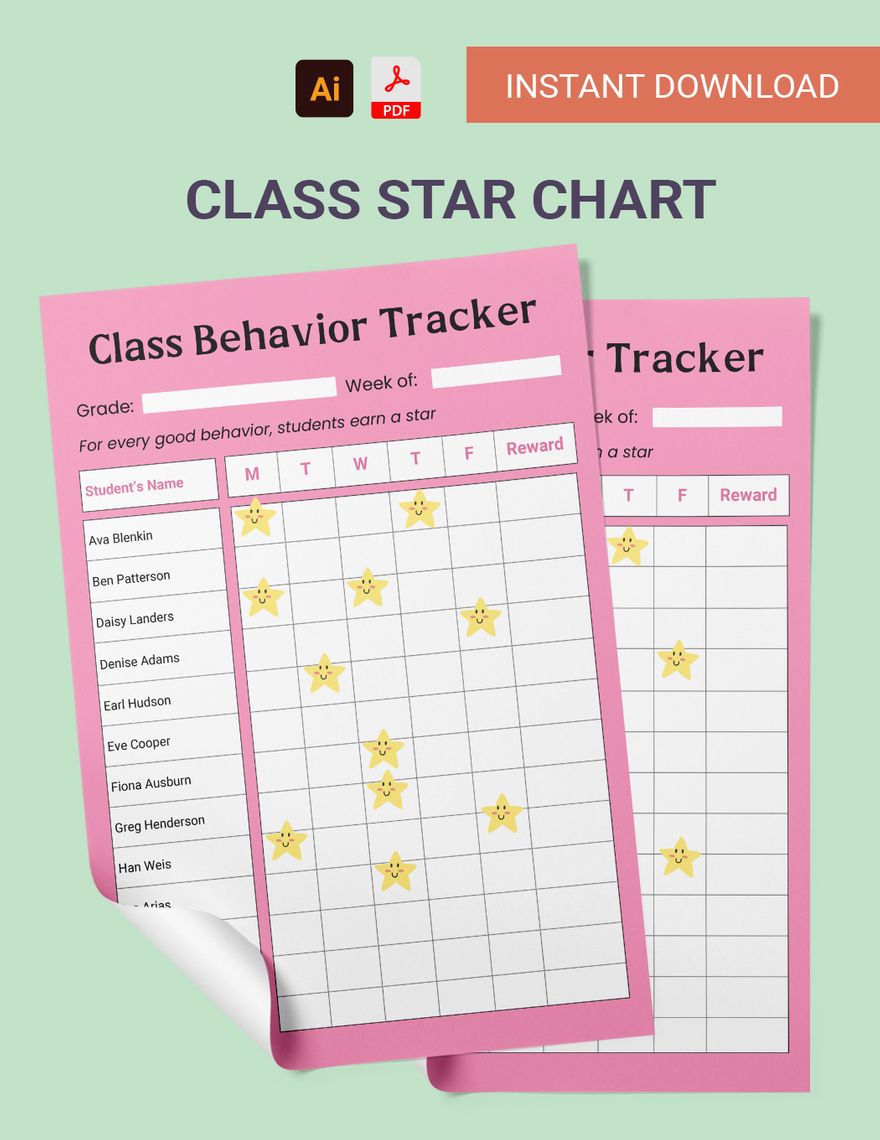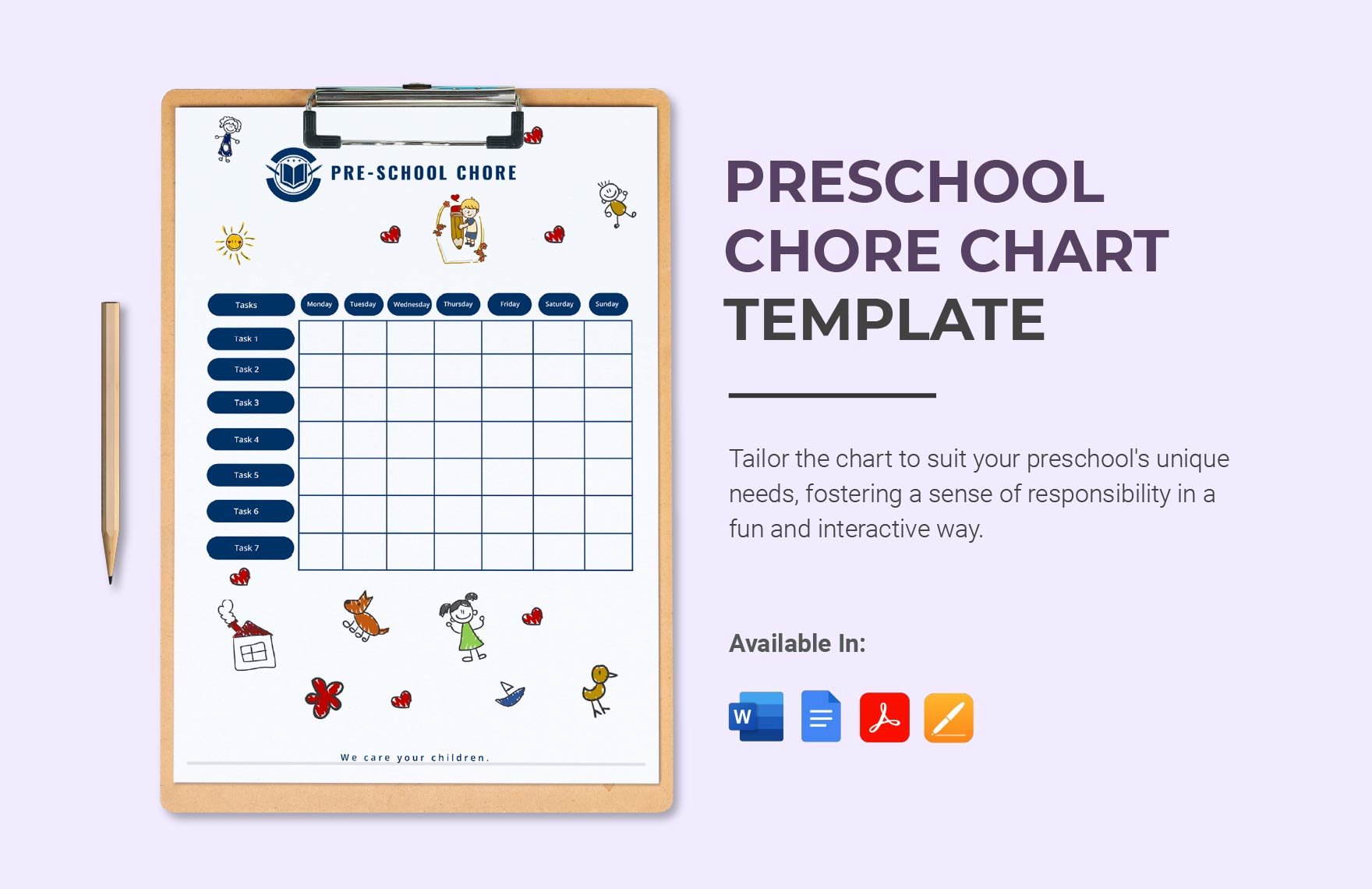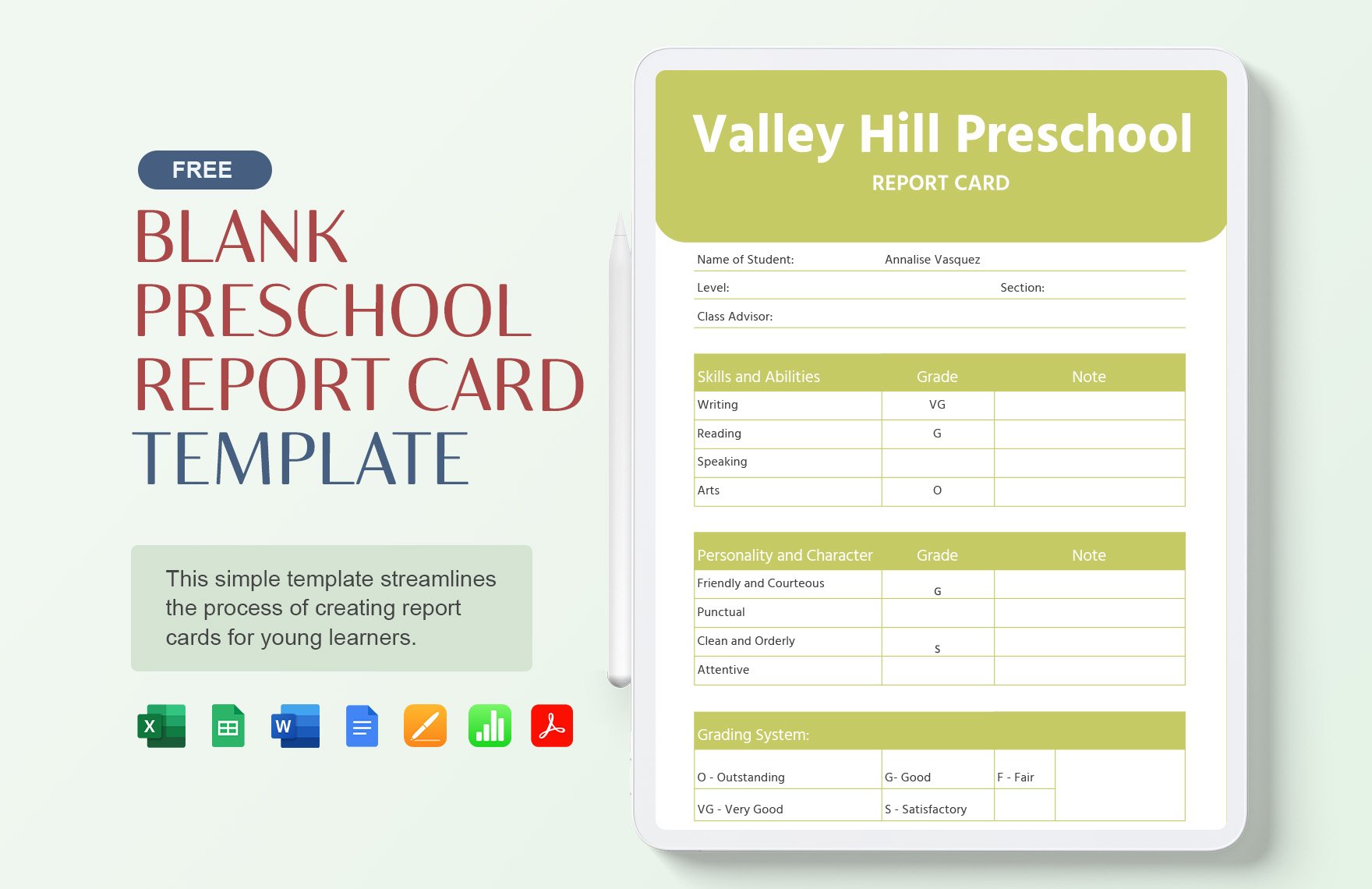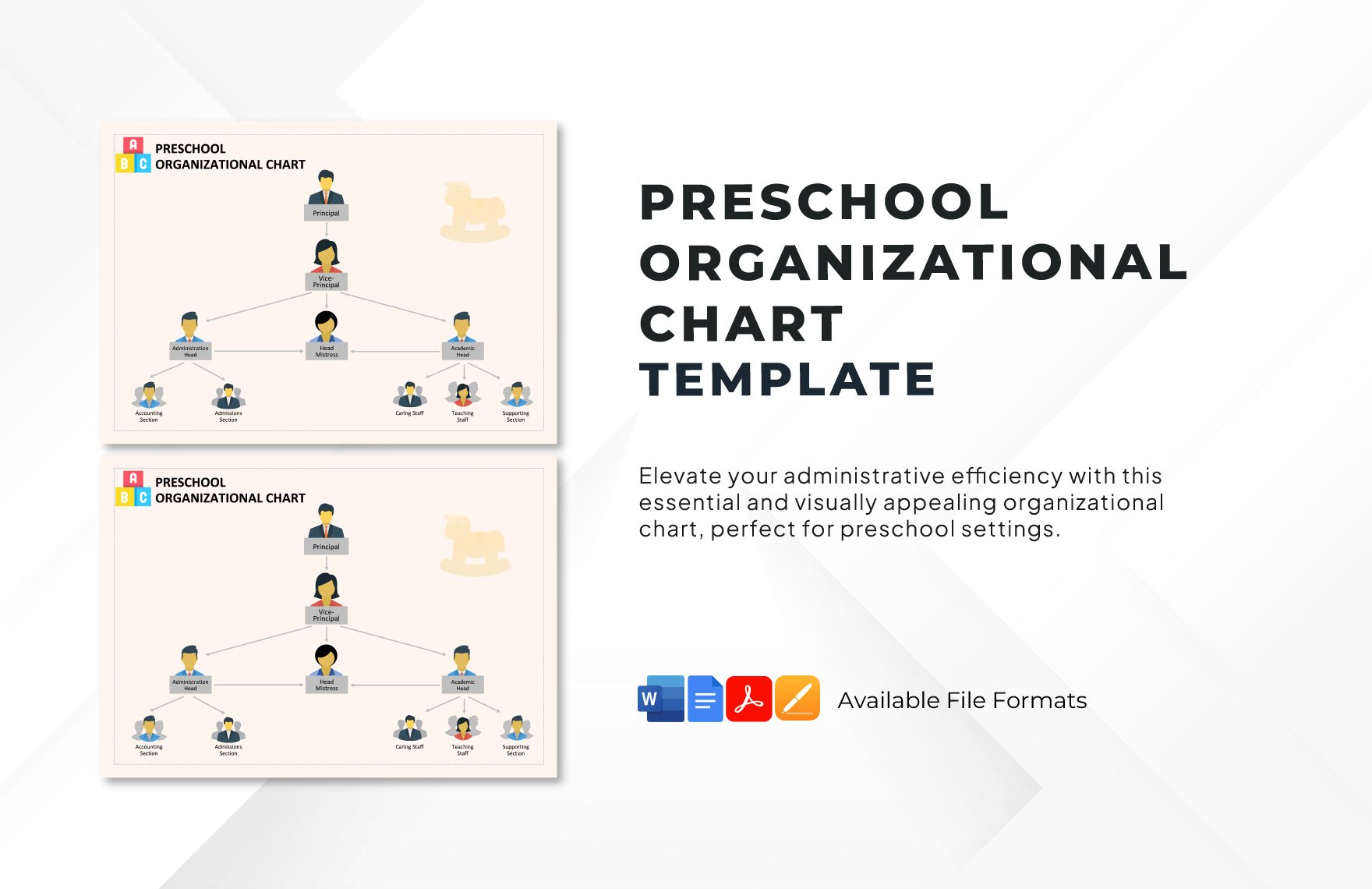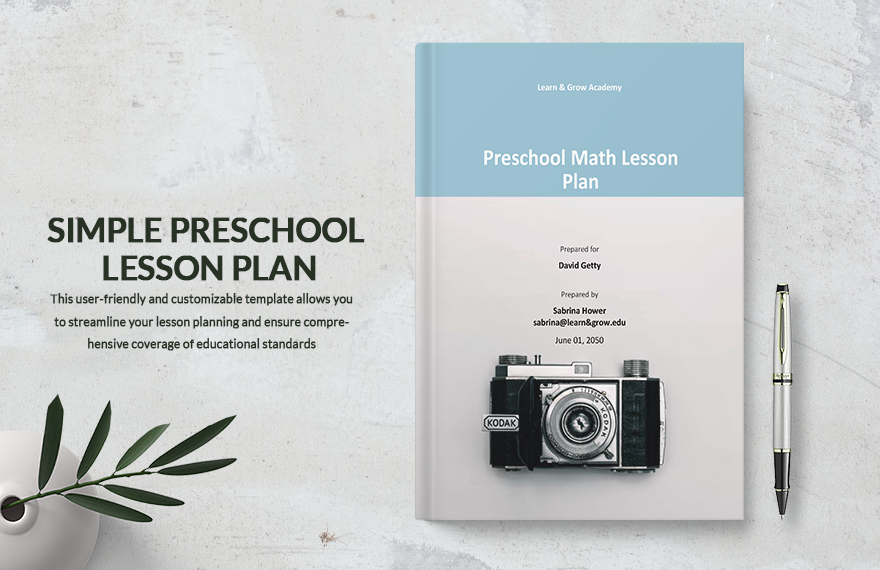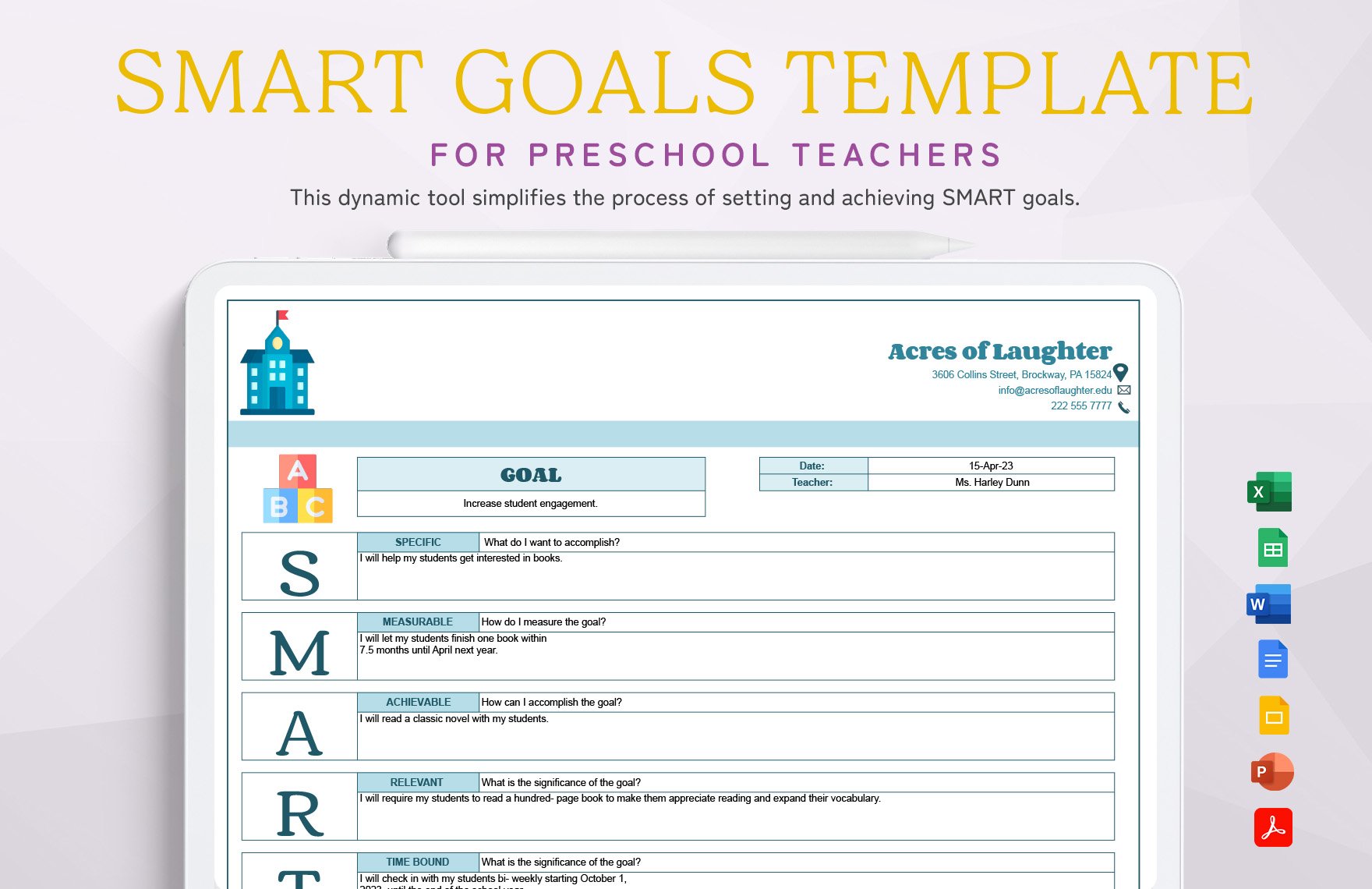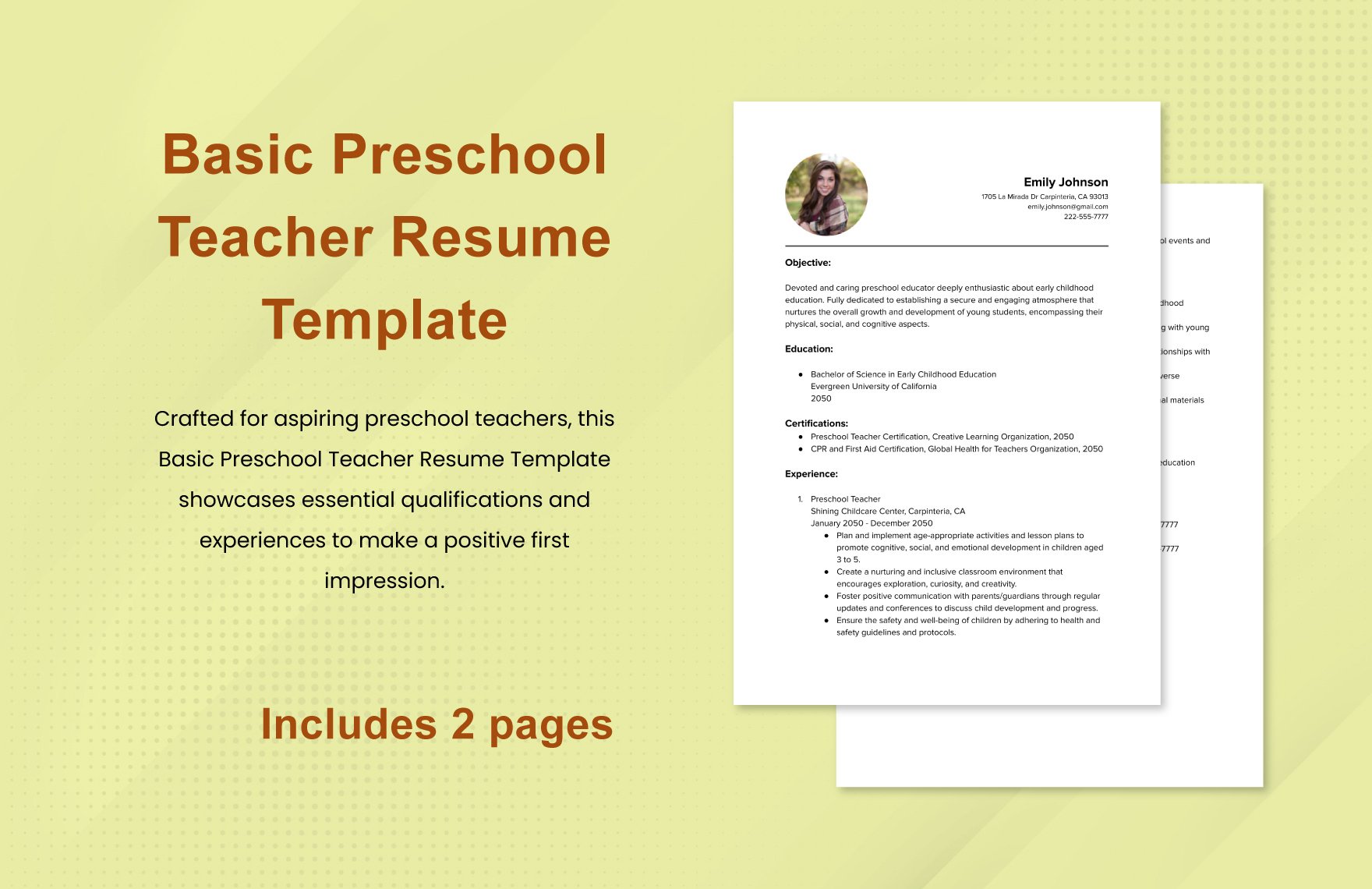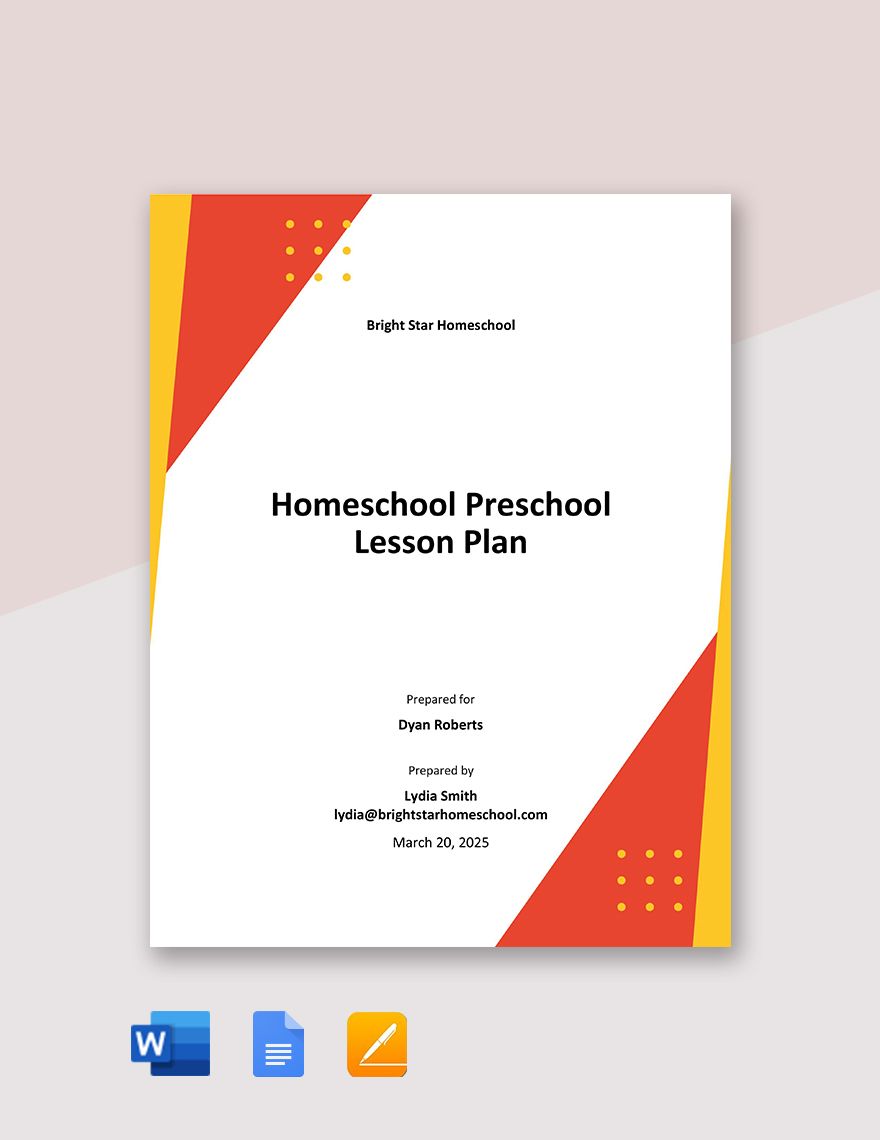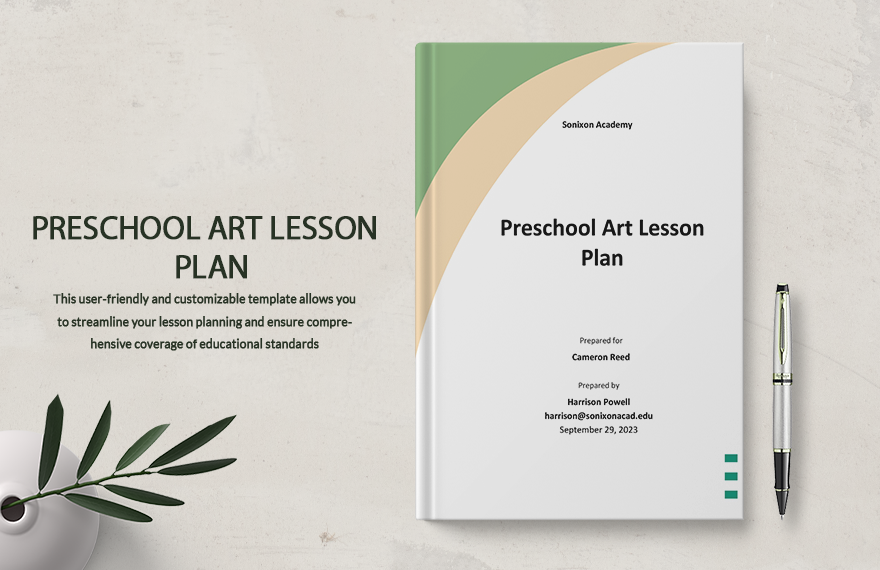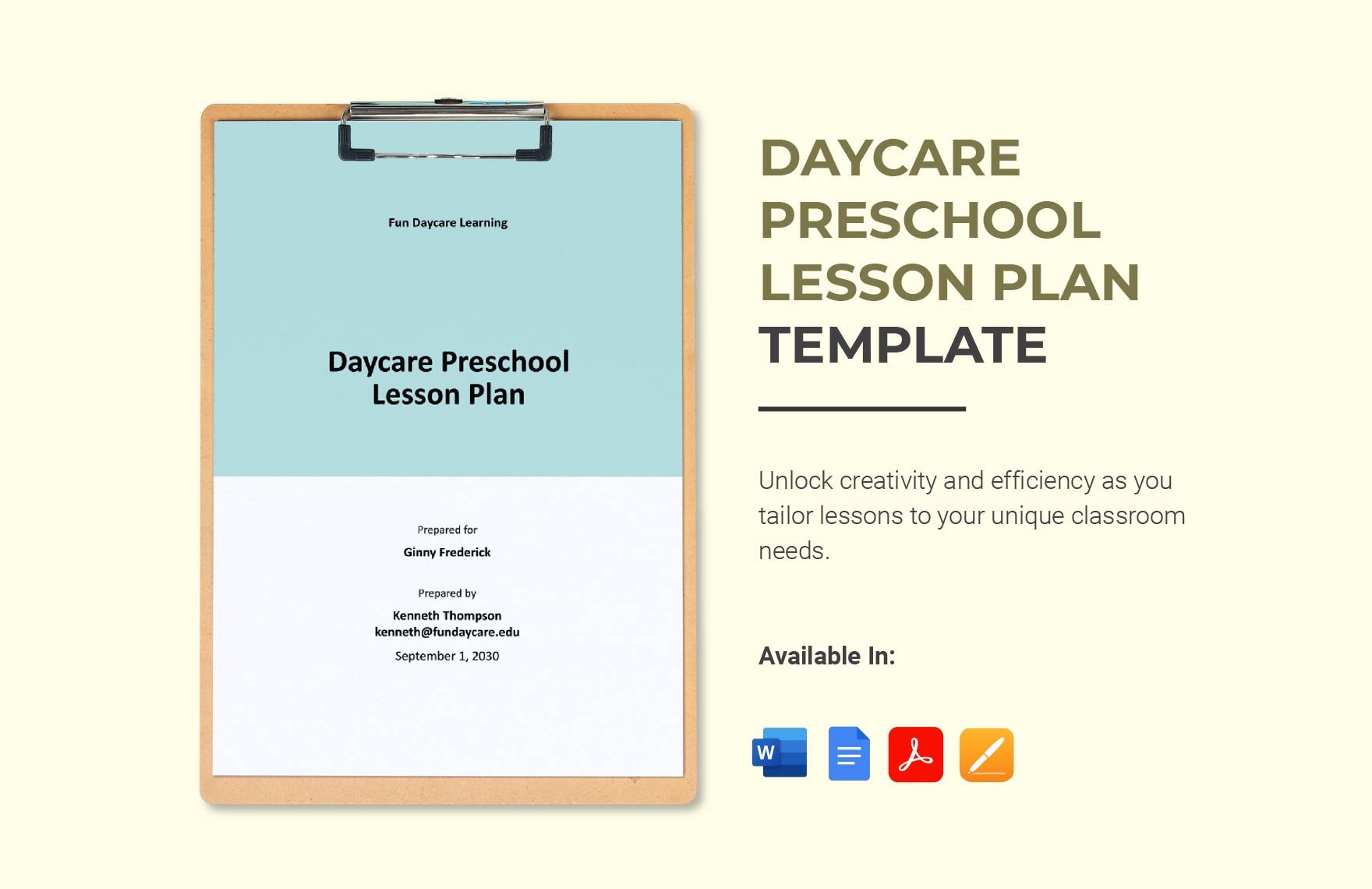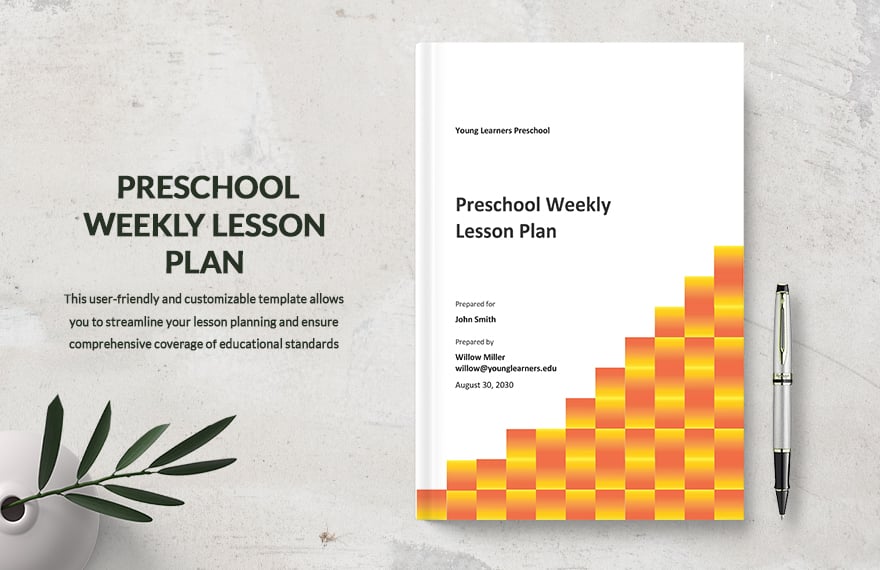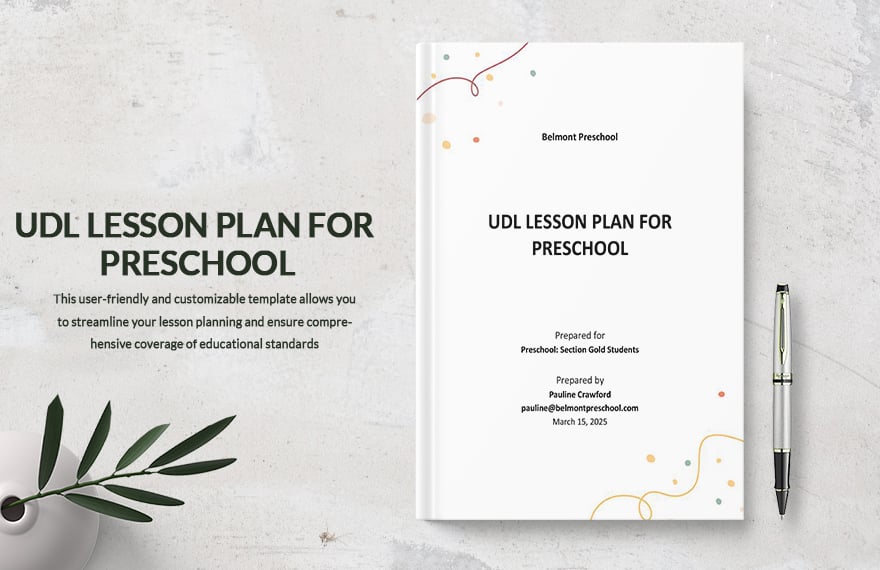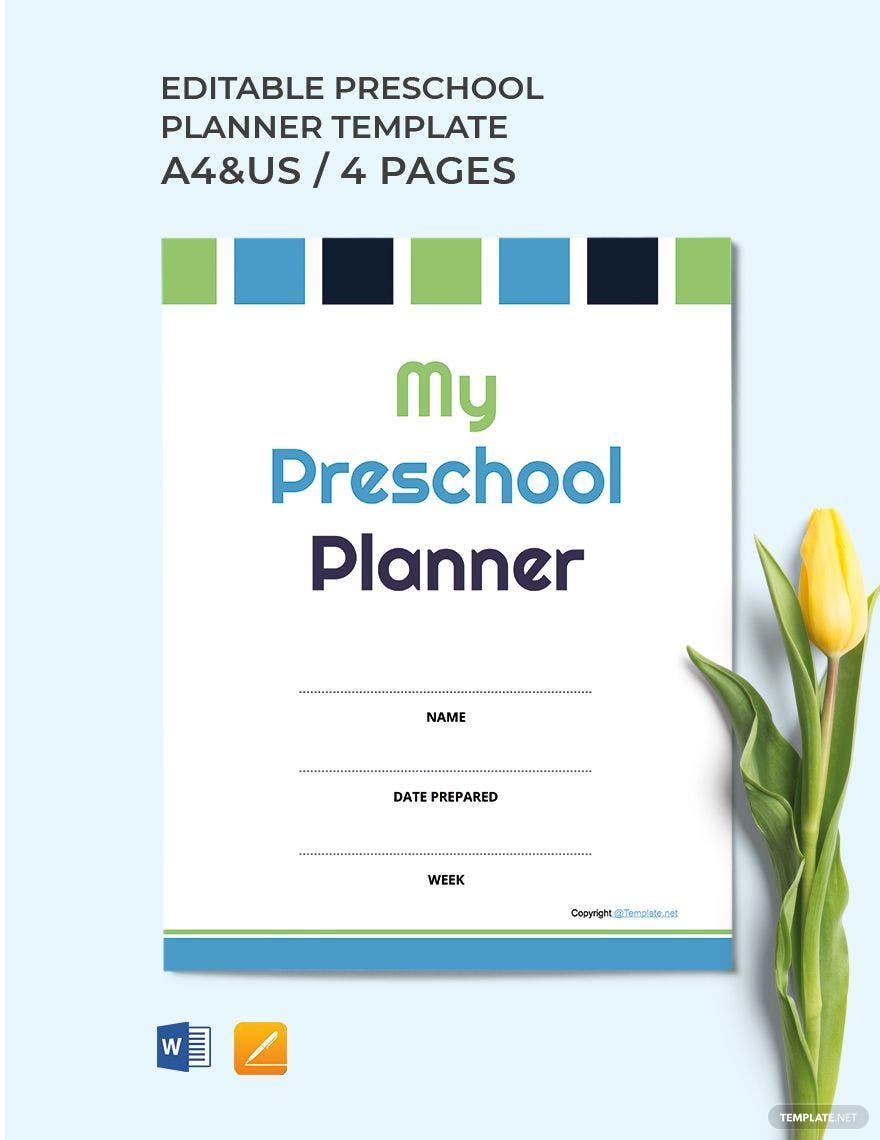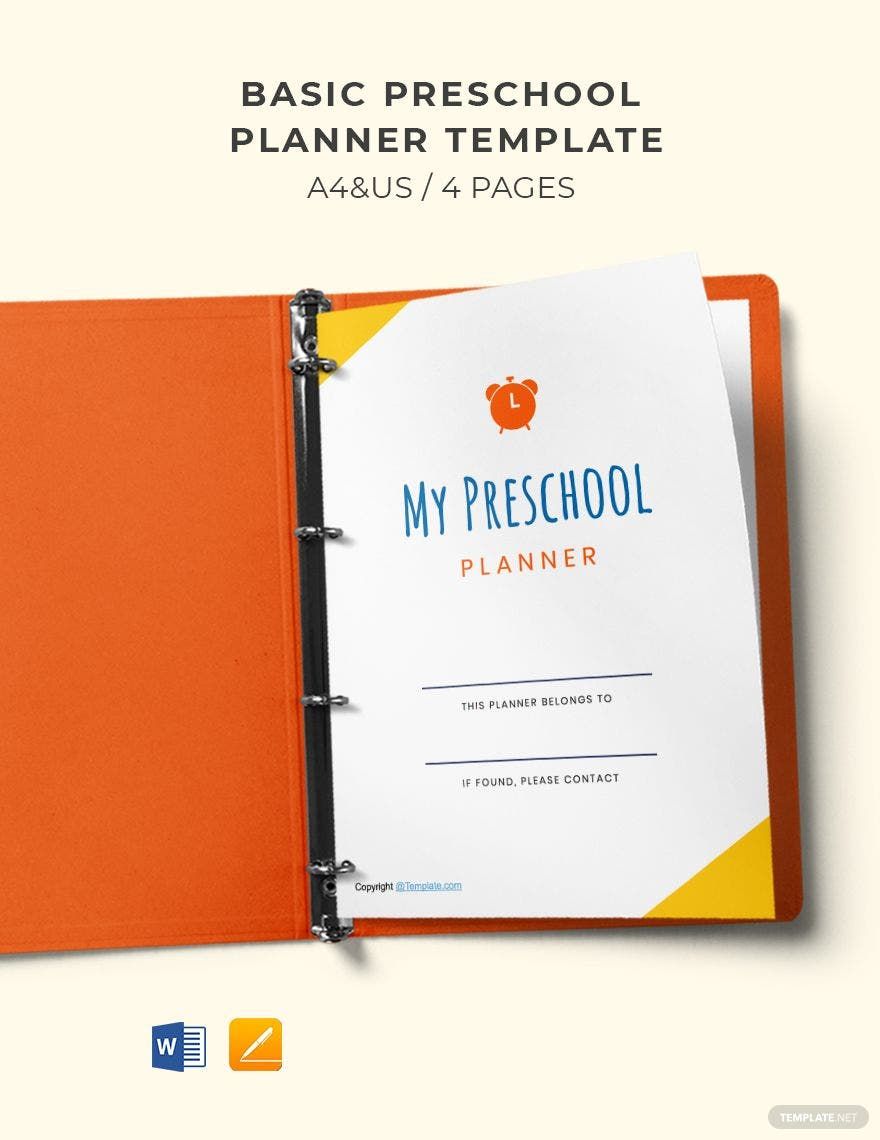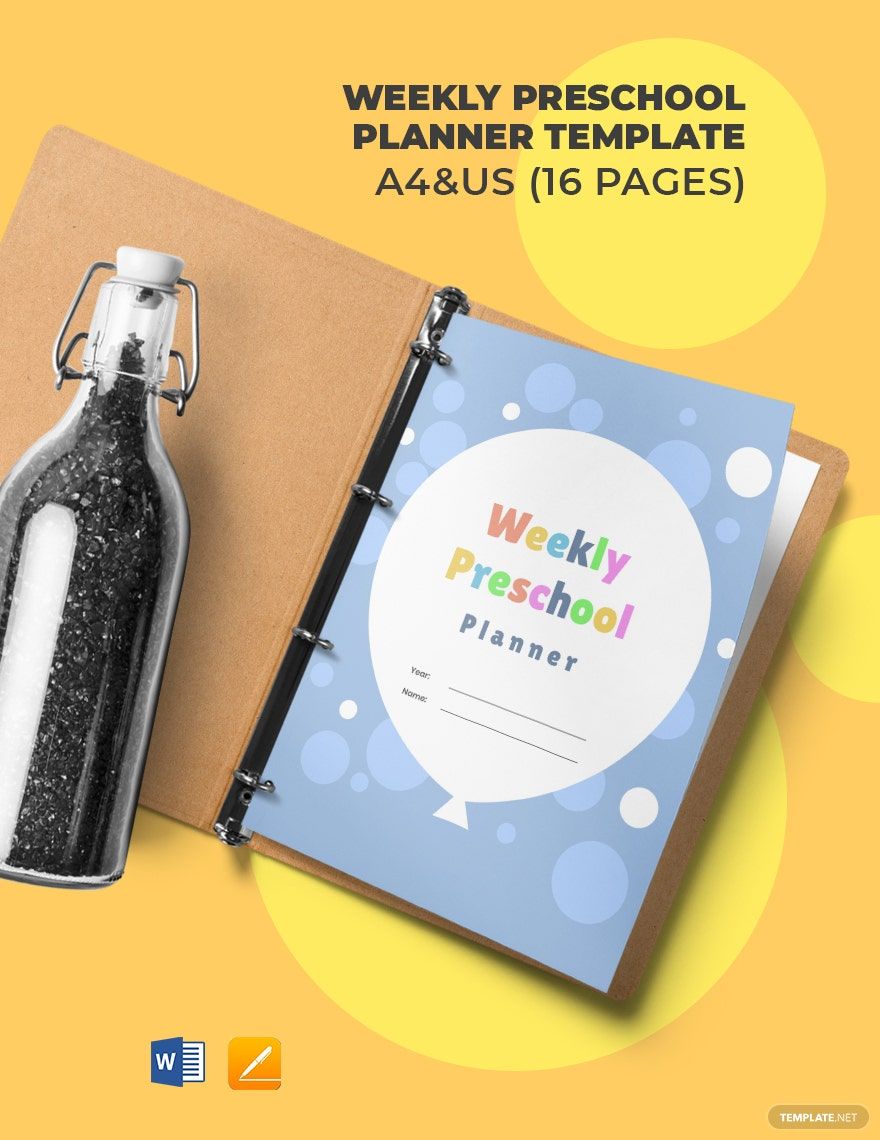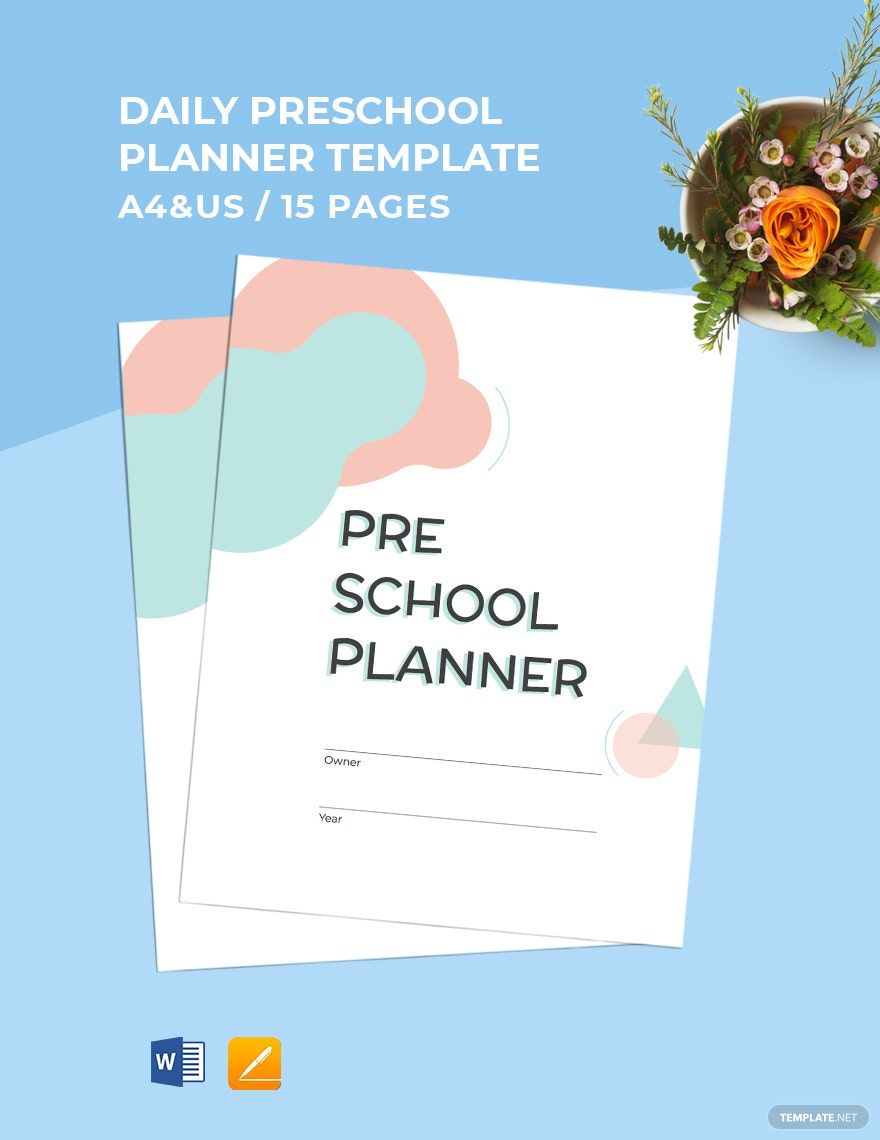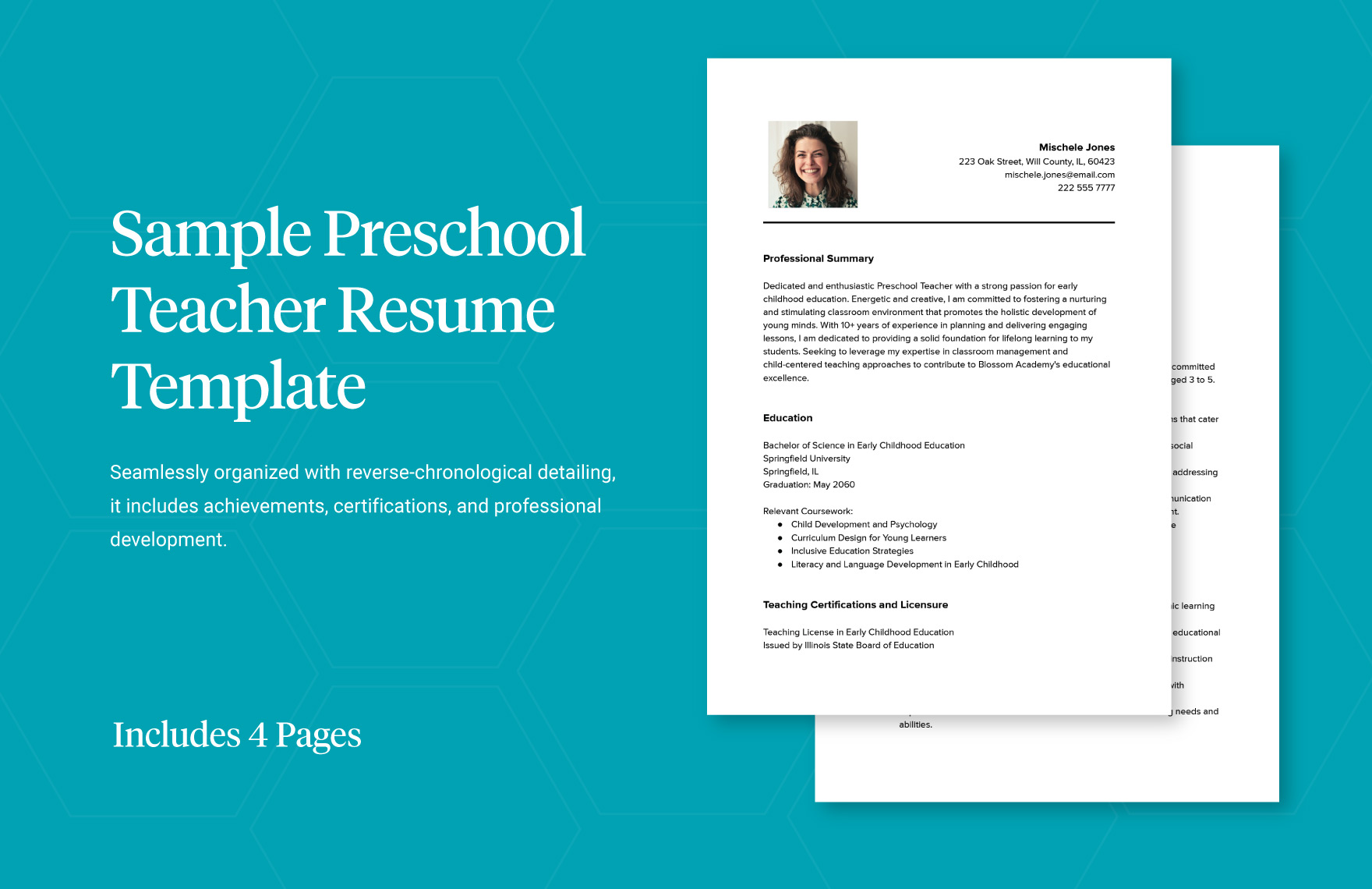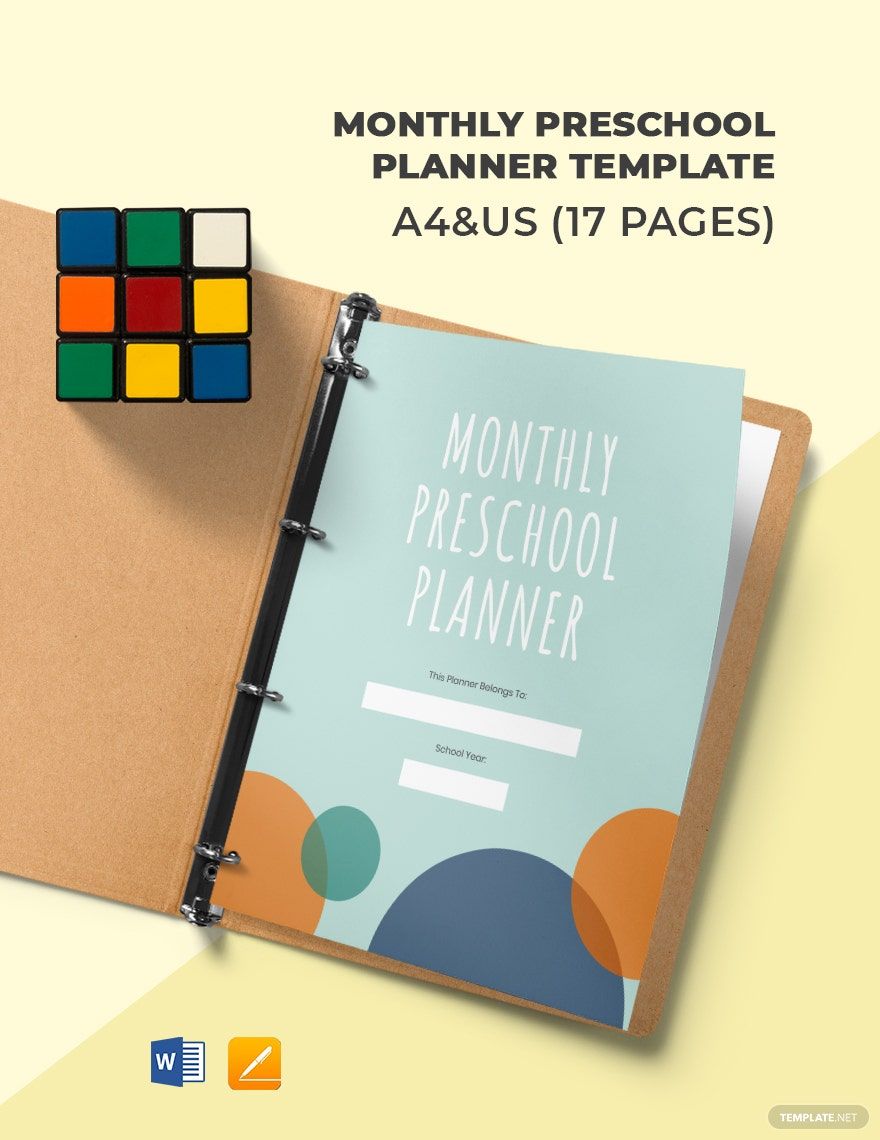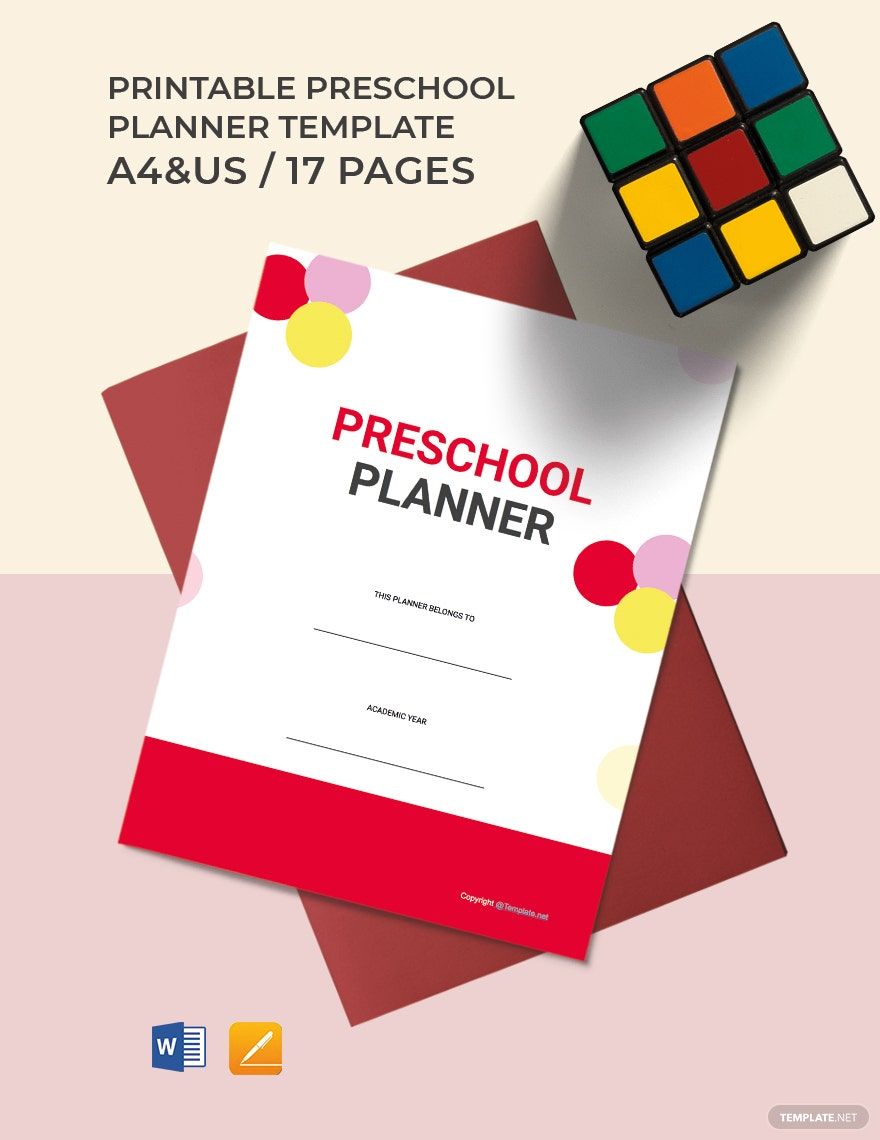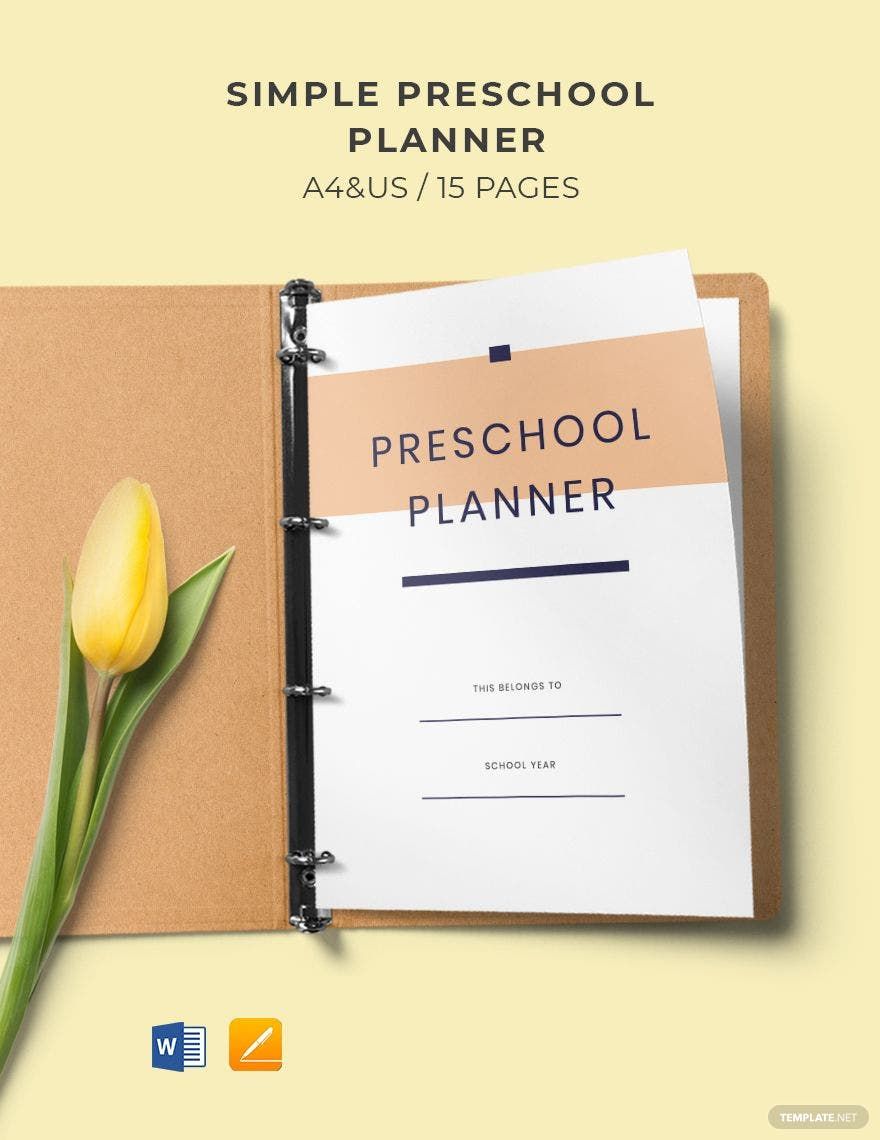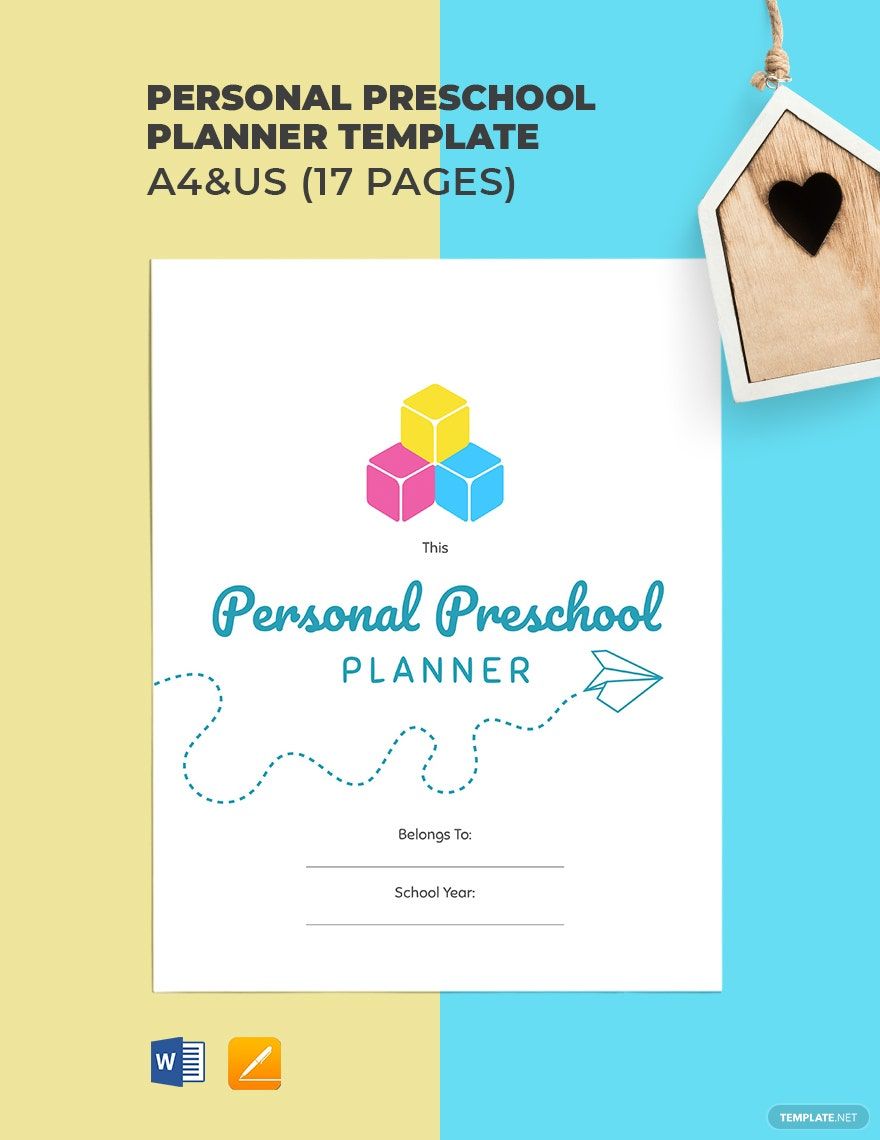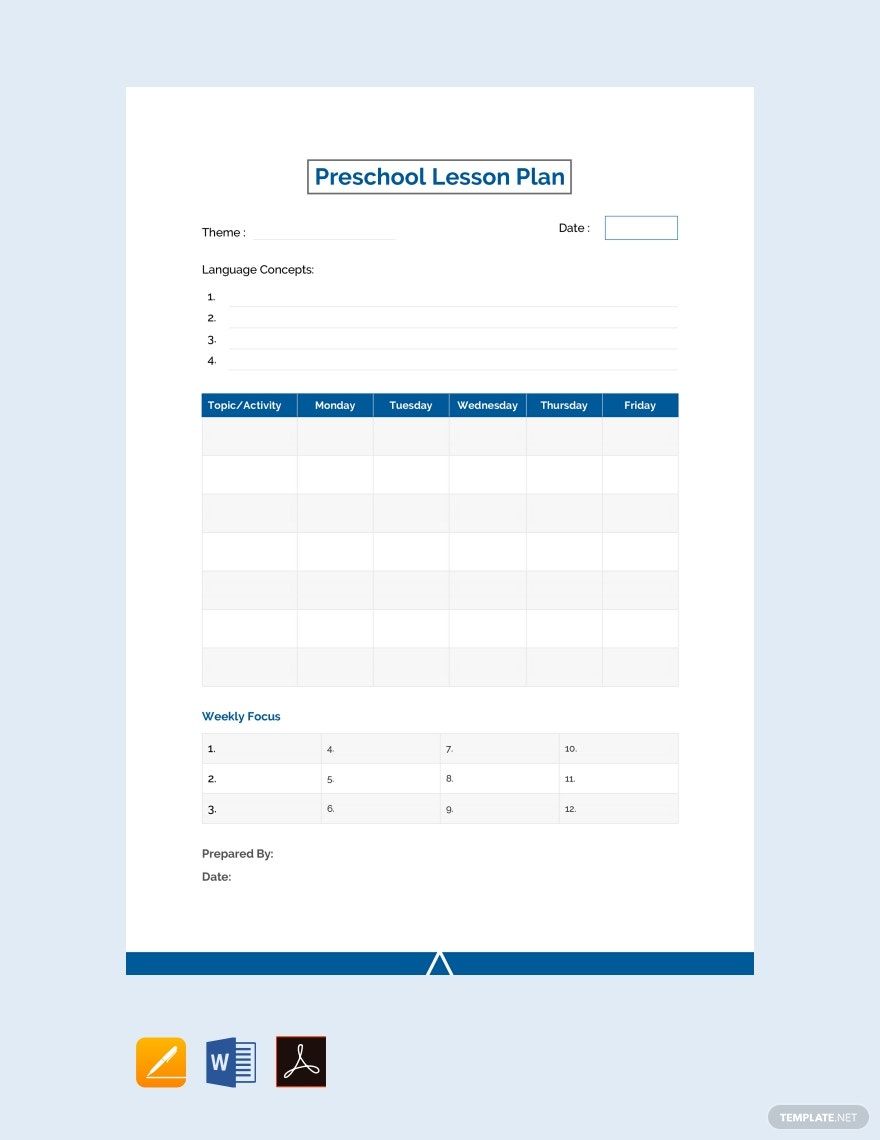Ignite Your Creativity with Pre-designed Preschool Templates in Adobe PDF by Template.net
Unleash the potential of your classroom materials and bring your educational ideas to life with pre-designed Preschool Templates in Adobe PDF by Template.net. Perfect for teachers and educators who want to create engaging and educational content without needing extensive design skills, these templates provide a solid foundation for crafting stunning learning materials quickly and effortlessly. Whether you're aiming to create eye-catching lesson plans or vibrant classroom decorations, these pre-designed Preschool Templates have you covered. You can download and print these files in Adobe PDF, ensuring high-quality results every time. Enjoy the convenience of beautiful pre-designed templates available for free, eliminating the stress of design while saving you both time and resources.
Discover a world of creativity with an extensive range of pre-designed Preschool Templates waiting for you at Template.net. Our library is frequently updated with fresh designs, ensuring you have access to the latest and most relevant educational resources. Explore these stunning Premium options, as well as the Free ones, to maximize flexibility in your teaching toolkit. Effortlessly download or share these templates via print, email, or digital export to extend your reach and engage students like never before. By embracing both Free and Premium options, you can tailor your materials to meet any classroom need, ensuring every lesson stands out.
